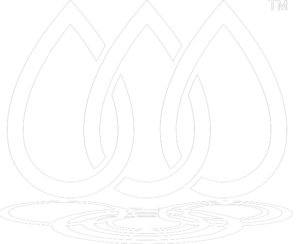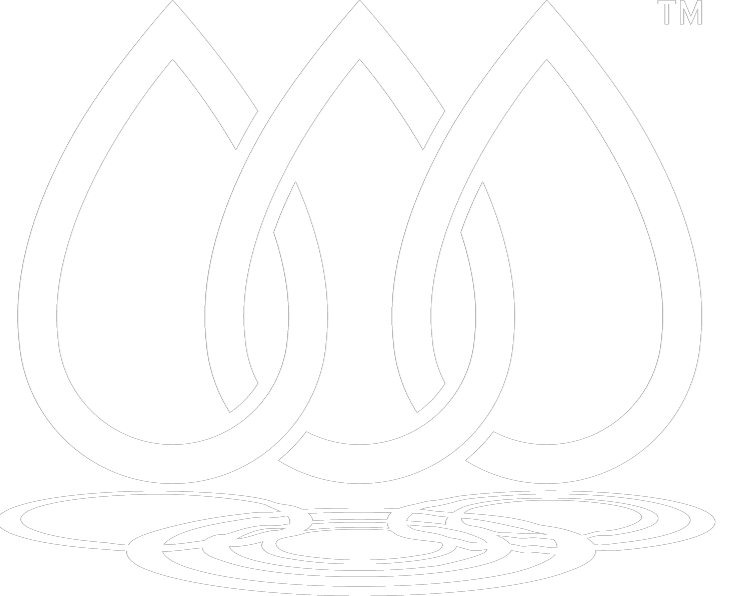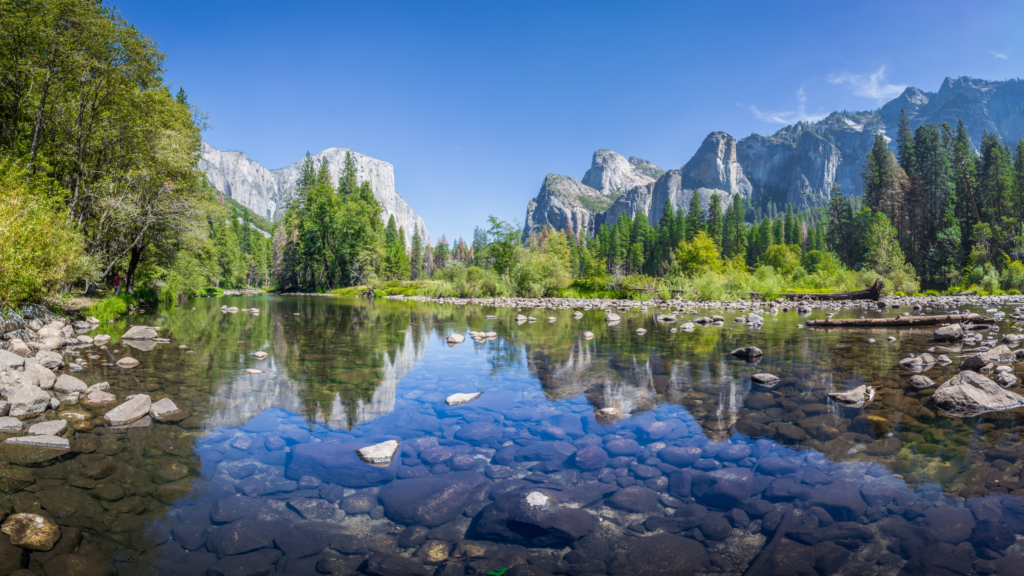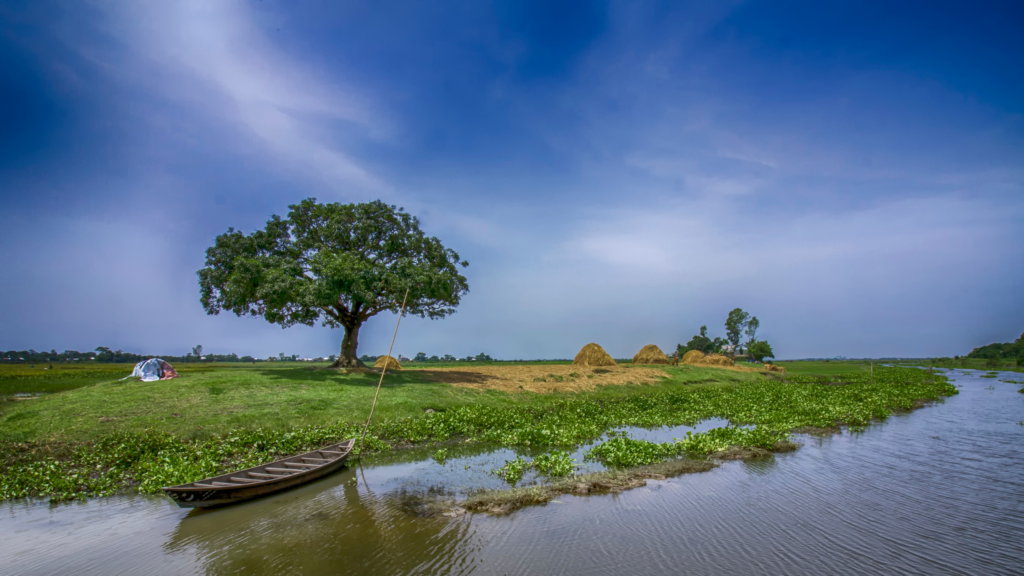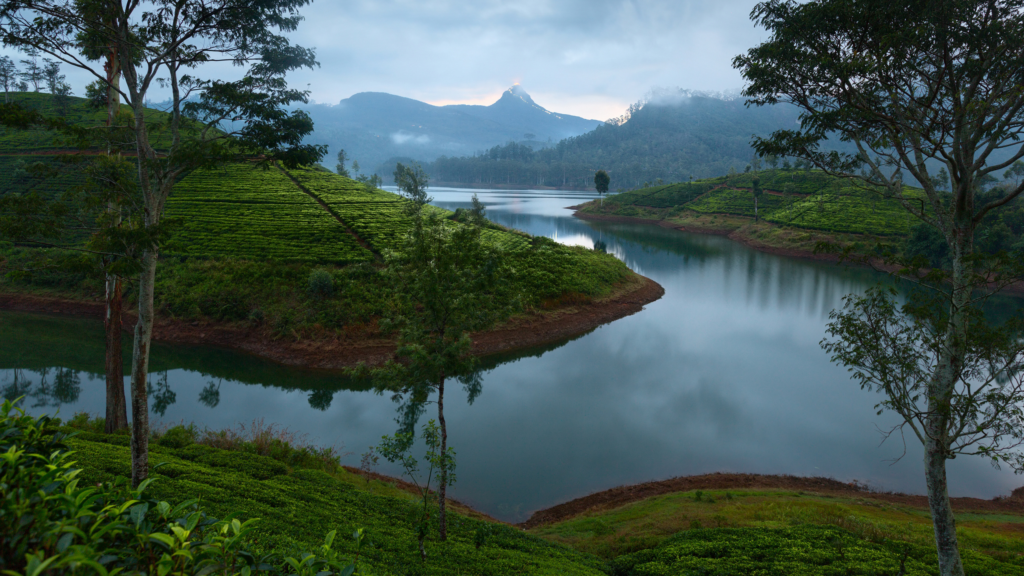“To catalyze the transition from water management to water stewardship… a shift in how we talk about water is imperative.”
Sarah Argoud, Global Sustainability Natural Resources Lead, AstraZeneca

We spoke with Sarah Argoud, Global Sustainability Natural Resources Lead, AstraZeneca, about her role, water stewardship and what International Women’s Day means to her.
How would you describe your role?
My day-to-day work is focused on influencing and inspiring action. Success is when my efforts make it easier for AstraZeneca to contribute to the Global Goals for Sustainable Development (SDGs), especially for water and responsible consumption and production. The purpose of my role is always about the connection to the big picture of how to best contribute to global aims to care for the planet, whether it’s by developing internal targets, frameworks and programmes that clarify what we need to do; securing and managing central funding to support our delivery; sharing what we’ve done through presentations and reporting; or partnering externally to progress these efforts.
What drew you to working in water in particular?
I grew up in Southern California in the US where droughts make for regular dinner-time conversation. As I started my career in the pharmaceutical industry, I worked in manufacturing and was quite proud of the impact I was making for patients who needed the medicine we supplied. But seeing how much water was required just to clean one storage tank from batch to batch seemed like quite a large trade-off. Finding my way into a role where I could continue to be part of the sector’s efforts to improve health outcomes while also driving to minimize its impact on nature and local basins is quite a privilege.
What does a day in your job look like?
Every day in my role involves connection with stakeholders, both within AstraZeneca and beyond. As a science-led company, there is a lot of time spent considering what data we have to support the decisions we make, and a lot of consideration of the risks as we prioritize our efforts. One of the aspects of my role that I enjoy most is interacting with site and supplier facing colleagues based across the world to learn more about what their challenges are and how they are connecting with their communities to address them. These experiences are immensely helpful to inform how I focus my time to better support them in these efforts. I also really enjoy the transparency that I can bring to the role, sharing our learnings while benefitting from those presented by other companies and sectors.
What does water stewardship mean to you?
Water is so important to society and the natural world around us, but it is also very easy to take for granted. Bringing the value of water to life in a way that your stakeholders can personally connect to is critical to water stewardship and the systems thinking it requires.
What stage would you say you are at in your water stewardship journey?
I transitioned from a career in manufacturing to my role in sustainability quite recently, so it often feels like my water stewardship journey is just getting started. As a quick learner and one who does not shy away from asking questions, I see my fresh perspective as one of the greatest strengths that I bring to my role and the broader community working in this space. Despite my passion and drive to accelerate my learning, it’s not uncommon for me to get a bit tripped up in the complexity.
To catalyze the transition from water management to water stewardship at the scale that is needed, a shift in how we talk about water is imperative. Communicating the benefits of stewardship and making the roadmaps more widely accessible must be amongst our top priorities to successfully drive change.
How have you found working with the Alliance for Water Stewardship (AWS)/AWS Standard?
The AWS Standard is quite helpful as the “how” for sites across sectors located anywhere in the world. And the translations to many different languages are a major benefit for my colleagues to understand what they need to do, especially when it comes to the more technical aspects of the Standard.
What achievement are you most proud of when it comes to water?
Connecting with people through my daily interactions is the most rewarding part of working in water, whether it’s a meeting to discuss a nature restoration project or sharing what I’ve learned with one of my water-wise neighbors while chatting about the health of our local creek where our kids like to explore. The moments when I have inspired someone to think differently about their own abilities to drive change, or to join the proverbial “ripple to become the wave”, are my proudest.
What does International Women’s Day mean to you?
When I reflect on how past generations would view the leading roles many women have across various organizations, it’s quite inspiring and something to be incredibly proud of. Yet as we’re making progress and benefitting from more diverse perspectives in some geographies, many women around the world are losing the ground they have gained. Our work in water has a major role to play, including WASH to enable education and opportunity to women and creating more technical jobs where women can make a big impact worldwide.
IWD 2023 asks us to: ’embrace equity’. Have there been any instances where you have embraced equity in your role, or supported others to do so?
Creating an inclusive environment underpins everything I do within my role. Everyone we work with has a different story and unique hurdles to overcome in order to deliver the intended outcome. You enable a much richer outcome by making it safe for everyone involved to bring their whole self and come with curiosity. I am at my best when I can say “I don’t know” or “I need help” without fear or embarrassment and I strive to create that environment for others. This can be as simple as acknowledging and appreciating language barriers or neurodiversity in discussions, slowing down or offering other methods of communication for technical topics.
Are there any other comments that you would like to add?
Working in water has been a great privilege and I am incredibly grateful to everyone within the community for their acceptance and appreciation of how diversity only strengthens our approach.
